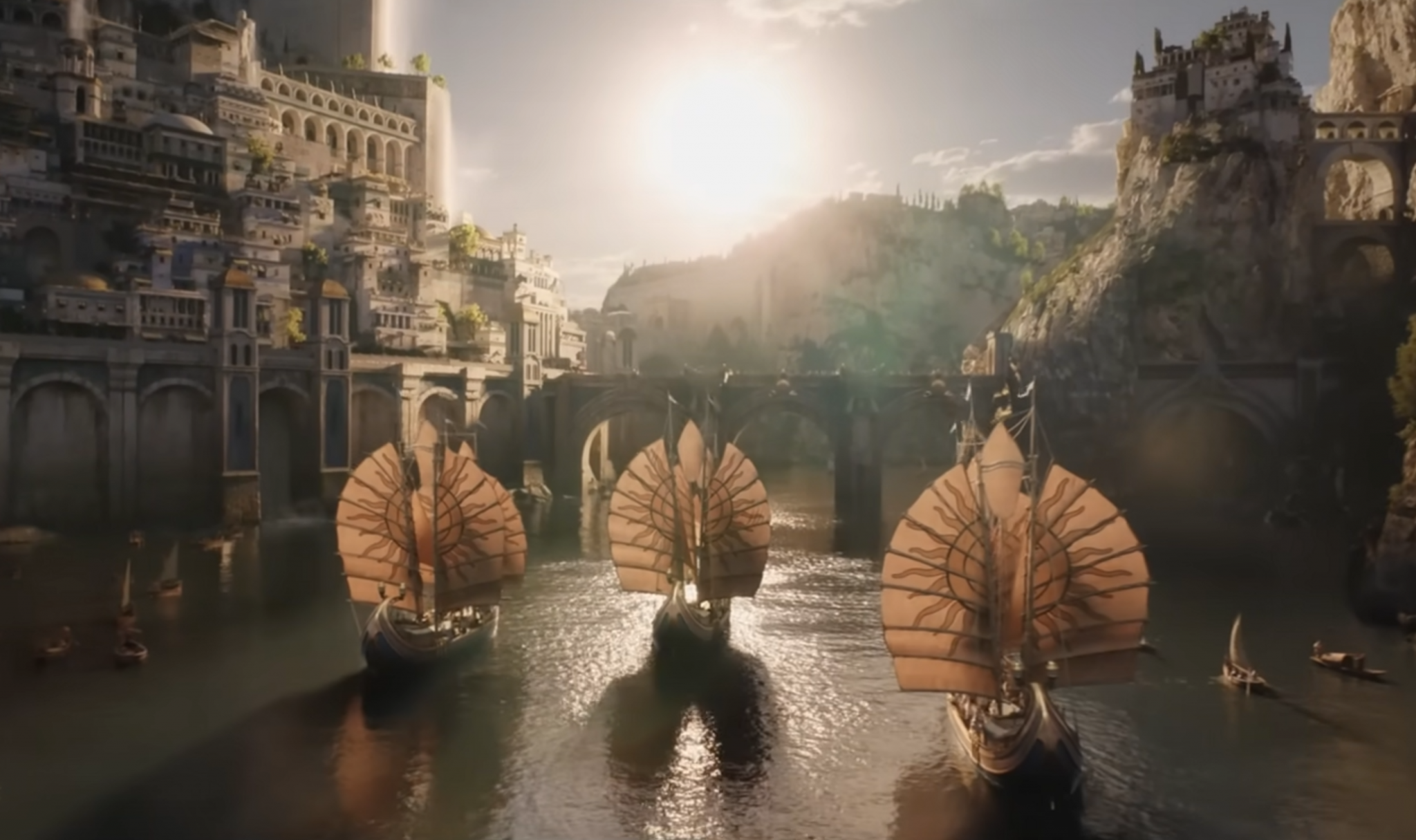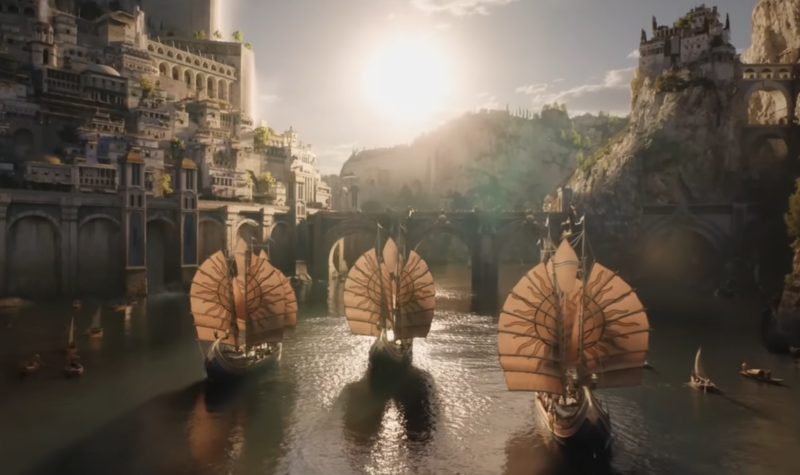
 Contributed image
Contributed image
Prime Video’s new series, The Lord of the Rings: The Rings of Power has sent many fans into a racist backlash frenzy over the series’ casting of several Black characters.
While the show’s diverse representation has indeed made headlines and fired up new interest in JRR Tolkien’s universe of noble quests, evil powers and magical elven kingdoms, it has also incited the fury of certain longtime fans, who expect only white characters to be front and center.
Let’s unpack why the on-screen depiction of Black elves and hobbits has become the most recent (and irrational) pop culture controversy.
The Lord of the Rings universe was created by author JRR Tolkien, an academic writer in mid-1900s England. The series was written during the Second World War, with Tolkien drawing from the war’s horrific events. His books have since become some of the most beloved classics in the world, establishing the development of the fantasy genre in the subsequent decades.
As one would, Tolkien wrote the characters based on his own understanding of the world; namely, the Western European middle-class experience of a heterosexual man. Obviously, most of the characters in his books are going to be as white as one can be.
The producers of The Lord of the Rings (LOTR) film trilogy, made in the early 2000s, depicted the characters as exactly how they were written. I’ve adored the storytelling and the morals behind these films since I was a kid, but as a white person, I’ve had the privilege to not think twice about their lack of representation.
However, the individuals behind The Rings of Power have luckily moved into the 21st century. A significant number of the leads, including an elf, a dwarf, several harfoots (ancestors to the hobbits) and many human characters are people of colour.
Certain Tolkien purists have lashed out in response, making claims that casting non-white actors is somehow disloyal to Tolkien’s writings. Many of the superfans have also done a deep dive into Tolkien mythology, demonstrating that The Lord of the Rings universe and its environmental conditions literally do not allow for darker skin.
While this piece of research may in fact be true, I beg the question: is the strict maintenance of integrity to a fictional story really worth more than basic equality in the media industry?
The show’s producers obviously aren’t attempting to pledge absolute loyalty to the LOTR mythology, and I applaud them for their creativity and willingness to progress such a beautiful universe into something more inclusive. By including people of colour in major roles usually taken by white individuals, the creators are taking a major step towards fuller representation in film and television.
And what are The Lord of the Rings “fans” doing in the meantime? Having an internet debate over the races of fictional elves and dwarves, I suppose. That speaks for itself. I emphasize the word “fictional” again for everyone’s sake.
Indeed, this is racism, at its most illogical. Not only are these debates useless, but they also undermine the identities and hard work of the POC actors involved in The Rings of Power.
The controversy over the series’ newly multicultural world is even more unreasonable when you bear in mind how diversity has been present in The Lord of the Rings since the beginning. Species of humans, elves, dwarves and even orcs all exist in this fictional universe, sometimes clashing, sometimes forming alliances. JRR Tolkien literally created a multicultural society in LOTR, reflective of humankind itself.
I don’t think he would be too upset about its most recent developments.
The cast and creators of The Rings of Power put it best when they wrote, “fantasy has never been all white.” In fiction, anything goes.
Such representation broadens the appeal of Tolkien’s magical universe for many who may not have felt connected to it before. We create fantasy stories to expand our imaginations and to form reflections of ourselves in a hopeful reality, not to stay oppressed by dominant, racist narratives.
The Rings of Power is one such marker for significant change in the white-dominated fantasy television industry. The series’ goal was never to be expected or traditional.
It wants to be revolutionary.





